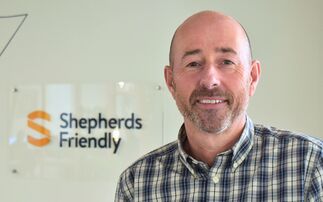Pioneer has hit out at providers who "change the goalposts" mid-claim while also joining the chorus of insurers urging all income protection (IP) claims approval rates to be published.
The specialist IP provider believes addressing these issues would improve consumer faith and confidence in the industry.
Speaking as the provider announced it paid 94% of its IP claims last year, Richard Wyatt-Haines, sales & marketing director at Pioneer, said he felt those policies which change definitions during claims were not benefiting clients.
"The last thing you want as a customer is for your insurer to change the goalposts when you're still suffering," he says.
"But there are still too many providers out there offering cover which changes the terms of payment during the claim and many customers do not understand this arcane industry practice which only serves to favour the insurance company.
Wyatt-Haines also suggested the importance of an open and honest approach to customers and intermediaries regarding claims paid.
"We have nothing to hide, so we are happy to publish our claims paid figures each year and have done so for some time.
"If you bought a car, you would expect to know how fast it will go and how much petrol it will use; we believe the same principle applies when you buy insurance.
"It boosts people's confidence in us and our products to know that we deliver and provide the cover when they need it, and we also publish the causes of claims to help our customers and intermediaries appreciate the type of illnesses and injuries that are the most likely to happen," he adds.
The Exeter based insurer's figures are a slight dip from 2008, in which 98.1% were paid, with the main declination reasons claims being: no information provided (1.86% in 2009, 0% in 2008) and non-disclosure (1.62% from 0.32% in 2008.)
Muscular and skeletal injuries accounted for almost 1 in 5 of all claims (19%), closely followed by operations (16%), back and neck injuries (16%), and fractures (11%).
The provider says it also saw sales growth of more than 10% last year.











